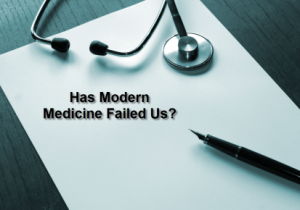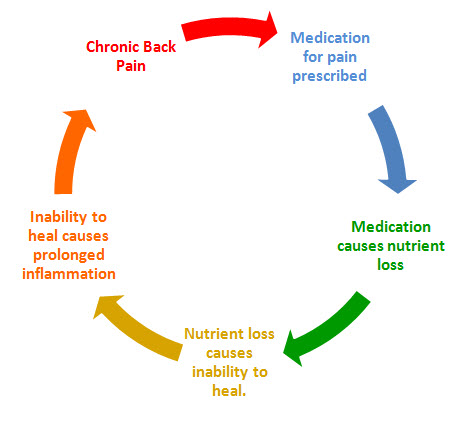The benefits of cholesterol often get left out when people visit their cardiologists. This video breaks down why demonizing high cholesterol is a huge health mistake…
Benefits of Cholesterol
- Carries vitamins through the blood stream into your tissues
- Allows the brain to form nerve synapses. Lack of synapse formation leads to brain degradation, brain fog, memory issues, and more.
- Cholesterol produces sex steroid hormones like estrogen, progesterone, and testosterone.
- Cholesterol helps fight infection (virus and bacterial).
- It is a precursor to vitamin D
- Low levels can contribute to muscle loss and weakness
- It forms the nutrient CoQ10
Why Are We So Focused on Lowering It?
Most doctors are hyper focused and evaluating cholesterol levels. The reality of the matter is that lowering cholesterol hasn’t worked to reduce deaths from heart disease. That being the case, is taking the medication to lower it worth the risk? Remember that statin drugs induce muscle loss, muscle pain, nutritional deficiencies, and cause liver damage.
Solution Worse Than The Problem –
Seems with all of the negative consequences of the medications, the smart question to ask is – “is it worth it?” What ever happened to first do no harm?
The Harmful Effects – Vitamin D deficiency causes heart disease, high blood pressure, muscle atrophy, autoimmune disease, and cancer. CoQ10 deficiency causes high blood pressure, muscle loss, congestive heart failure, and dementia. Hormone deficiencies lead to hair loss, low libido, accelerated aging, and more. Is lowering this molecule with artificial drugs worth all of that?
Commonly Reported Side Effects – Muscle weakness, muscle pain, muscle atrophy, liver damage, digestive issues, skin rashes, and nerve damage (neuropathy). A recent research study found that using statin drugs (the most commonly prescribed cholesterol lowering therapy) actually led to a decrease in heart muscle function. Another recent study found that statin drugs increase the risk for stroke.
If you have elevated levels of this natural chemical, this article is a must read before considering the use of medication. Once you finish that article, read this one.
Wishing you excellent health,
Dr. Osborne
Dr. Osborne is an expert in functional medicine and chiropractic care. He is Board Certified in Nutritional Medicine. You can contact his office at 281-240-2229. He regularly treats patients from across the world. His office is in Sugar Land, Texas in the Greater Houston area.














